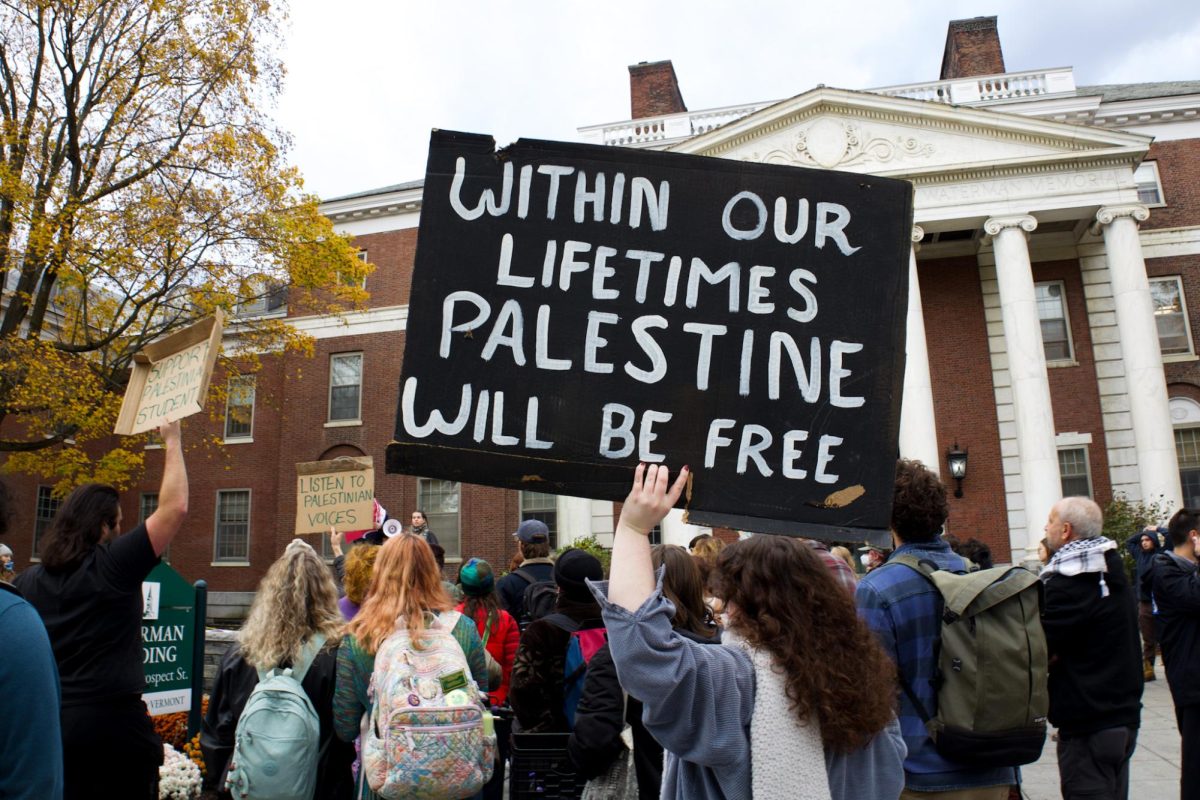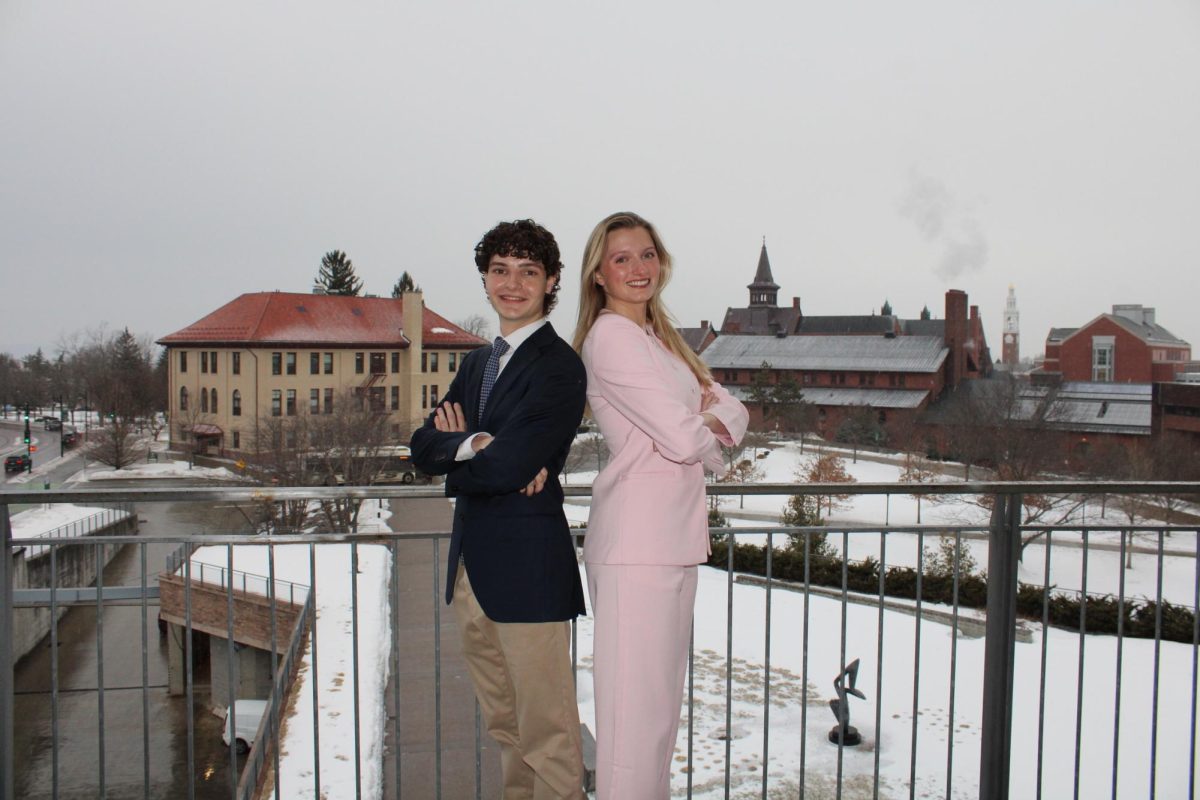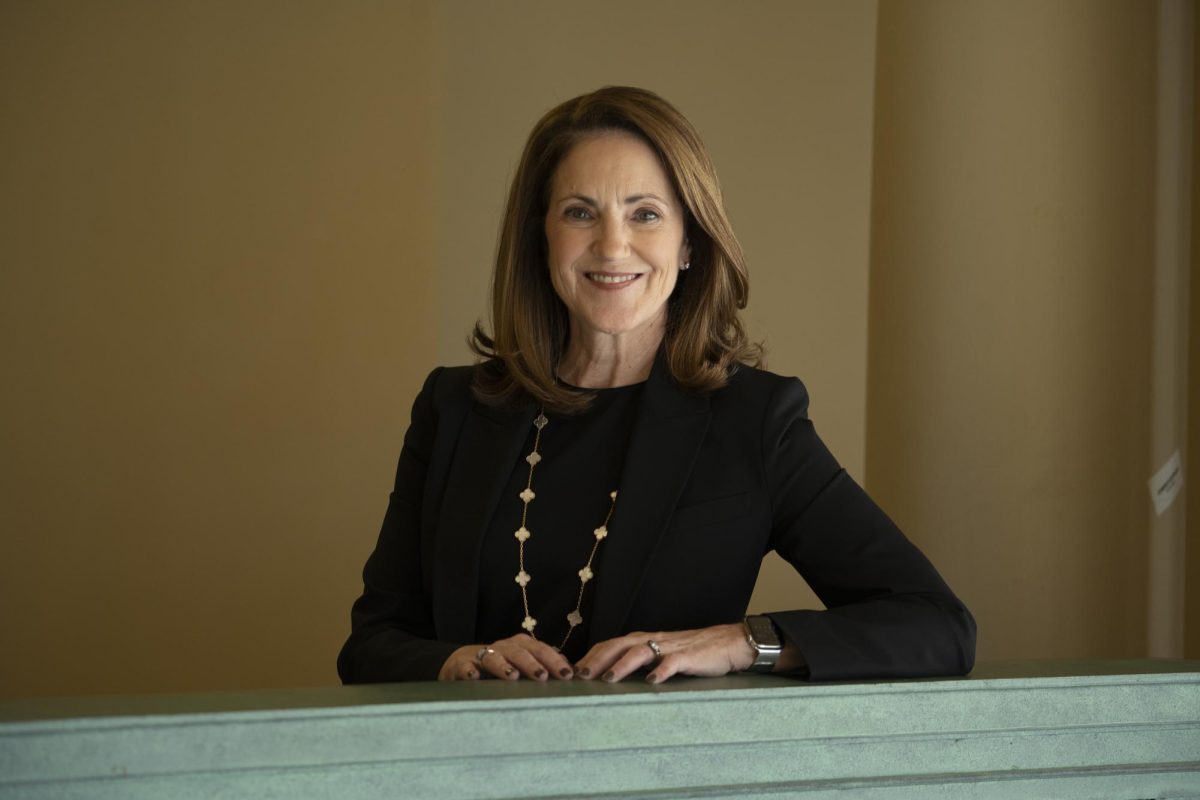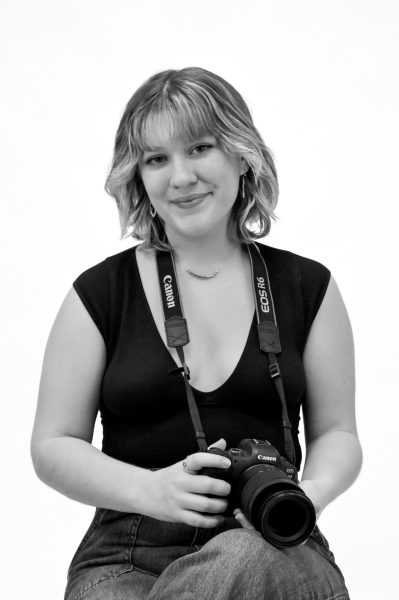Mohammed El-Kurd, an award-winning poet and journalist, was scheduled to speak on the misrepresentation of Palestinians in the US on Oct. 26 in UVM’s Livak Ballroom, according to an event poster.
On Oct. 21 at 6:55 p.m., El-Kurd’s guest lecture, organized by the Will Miller Social Justice Lecture Series, had its venue on campus rescinded by the University, according to an unsigned email from the UVM Division of Safety and Compliance.
“Our safety and security concerns extend beyond the date of the event to secondary impacts to our campus affiliates that are foreseeable,” the email stated. “Therefore, the event will not be held on UVM’s campus.”
Safety and security decisions are made internally, stated Adam White, executive director of University communications, in an Oct. 24 email. White did not comment on specific safety concerns or foreseeable secondary impacts.
The Will Miller Social Justice Lecture Series, a nonprofit organization, brings speakers to the UVM campus to provide radical perspectives on social, ecological and political concerns, according to the organization’s website.
Fred Magdoff, a lecture series board member, believes that the claim of safety concerns is most likely a cover for the UVM administration to get out of a situation that they did not want a part of.
“They really didn’t want the speaker to come,” said Magdoff. “There’s no way I can prove that. But it’s just my gut feeling that that’s the case. They were not happy.”
The lecture series has been working to bring various speakers to UVM for over 15 years, Magdoff said. In all those years, the organization had never seen a lecture canceled by the University, he said.
UVM Union of Students, UVM Young Democratic Socialists of America, UVM Amnesty and UVM Students for Justice in Palestine organized a protest in response to the University’s acts of censorship, according to an Oct. 23 UVMUS Instagram post.
“This is part of a broader pattern of racist behavior by UVM administration towards Palestinian students and activists, as well as the weaponization of antisemitism against those who speak against genocide,” UVMUS stated in an Oct. 22 Instagram post.
On Oct. 24 at 4:30 p.m., students and community members gathered outside the Waterman building to protest the University’s cancellation of the lecture.
Approximately 100 people attended the protest, according to a post on UVM SJP’s Instagram page, with some attendees carrying flags as well as signs calling for Palestinian freedom.
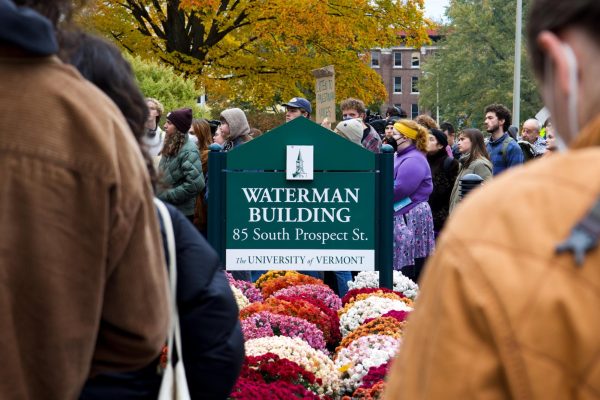
(Emily Kobus)
The administration is sending a message that some voices are more important than others, said Adam, co-chair of UVM YDSA, who chose to keep his last name anonymous.
“The University has been opaque with its reasoning,” Adam said before the protest. “I believe that UVM received a lot of backlash. We’re not exactly sure what that looks like—but backlash behind the scenes to cancel the event.”
UVM was not willing to protect El-Kurd or the attendees of the lecture, Adam said.
In the email to the lecture series, the Division of Safety and Compliance said that the University attempted to reschedule the event at a later time, but that organizers were “unable or unwilling” to do so.
At 4:50 p.m., after attempting to leave a letter at the locked administrative offices in Waterman, those participating in the protest began to walk down the street to UVM President Suresh Garimella’s house.
Chants of “Free free Palestine” and “Long live Palestine” could be heard outside the President’s house as the letter was delivered by organizers.
During the closing speech of the protest, students and community members were urged by speakers to attend an online streaming of El-Kurd’s lecture on October 26 at 7 p.m.
By 7:22 p.m., the live-streamed lecture reached over 1,000 views as El-Kurd read his essay titled “Jewish settlers stole my house. It’s not my fault that they’re Jewish”.
“The question becomes, if not me—because obviously I got canceled by the University and am quite dangerous—if I can’t get the mic, who can get the mic?” El-Kurd said during his lecture.
In order for victims to be invited to speak at institutions such as the University of Vermont, there are prerequisites they must meet, said El-Kurd.
Those that are given a chance to speak are often apolitical women or children wanting to coexist and live a normal life, El-Kurd said. If men speak out, they must be docile and in pain with an absence of rage, he said.
People deserve to be mourned without qualifiers, El-Kurd said.
“A Palestinian man cannot just die,” El-Kurd said during his lecture. “He must be in a wheelchair, or a doctor or noticeably elderly at the very least, and even then there are questions about the validity of his victimhood.”
El-Kurd’s guest lecture in collaboration with the lecture series was also co-sponsored by the UVM Departments of English and Sociology, according to the event description.
This sponsorship, for the English department, involved arranging for a room and paying for technology, said Mary Louise Kete, English department chair.
“There was an enormous effort to make this work despite all sorts of pressure,” said Kete. “I have no idea what happened. There was no time that we got any pressure to withdraw our support.”
Before the decision was made concerning the venue, there was some concern that due to the setup of the room in the Davis Center that the University would not be able to guarantee the speakers safety, Kete said.
They were working on finding an alternative location due to these safety concerns, Kete said. There were questions to whether a police presence would be needed and what that would look like, she said.
Jennifer Strickler, the sociology department chair, is concerned that the University’s actions concerning El-Kurd’s lecture could set a precedent going forward.
“I wonder if there were actually any threats made or any real security concerns, or whether this is just a way of silencing the speaker that the University doesn’t want to be heard,” Strickler said.
Strickler is worried about whether the administration will censor speakers in the future because they represent a position that the University doesn’t agree with, she said.
An important role of the University is to be a place where people can discuss difficult ideas and learn how to disagree with someone in a respectful way, Strickler said. By canceling El-Kurd’s speech, that opportunity is being taken away from students, she said.


